The implications of a Romanian candidacy for EU chief prosecutor
On the very day the European Parliament decided to back her nomination for EU chief prosecutor, Laura Codruta Kovesi was brought new accusations in Bucharest.

Ştefan Stoica, 08.03.2019, 12:42
The former head of the National
Anticorruption Directorate Laura Codruta Kovesi on Thursday found out in
Bucharest that she was a suspect in a new case. Also on Thursday, the news came
from Brussels that the Conference of Presidents in the European Parliament
decided to endorse her to head the future EU chief prosecutor’s office in the
negotiations with the Council of the EU. For Kovesi, it is no coincidence that
she was summoned to appear before prosecutors in Bucharest on the very day when
activities were taking place related to her nomination for EU chief prosecutor.
Laura Codruta Kovesi:
I don’t think it’s a coincidence, I
think I was summoned on purpose for this particular day, I think it was on
purpose that I was hindered today to give statements and clear things out and I
also think it was on purpose that I was summoned in relation to one case only
to find out that I was being heard in a different case, without being summoned
for it in a procedural and correct manner.
The former chief of the National
Anticorruption Directorate says she has been harassed in the public space for
two years, as well as by the Judicial Inspectorate, which has conducted verifications
of her activity on almost 50 different occasions. Kovesi says the procedure by
which she was informed of the new accusations against her violated all
procedural rights, including by the presentation of unsigned documents. The
second case is connected, according to judicial sources, with the
establishment, in the National Anticorruption Directorate, of an organised
crime group, and she is accused of belonging to this group and of complicity in
unfair repression. Kovesi has described these allegations as pure fabrications.
She says the accusations brought in the first case, namely abuse of office,
false testimony and bribe taking, were also absurd. That case was opened following
accusations made by the former MP Sebastian Ghita, who fled to Serbia after
being indicted in Romania.
The investigations in the Kovesi
case are brought by the prosecutors from the much-contested special department to
investigate magistrates established recently, according to critics, to
intimidate prosecutors and judges. On the other hand, the government in
Bucharest continues efforts, much to the bewilderment of Romania’s European
partners, to undermine Kovesi’s candidacy for EU chief prosecutor. The
government has assumed the letter about Kovesi sent to The Financial Times by
the justice minister Tudorel Toader. In this letter, Toader says the former
head of the National Anticorruption Directorate should not occupy the position
of EU chief prosecutor because under her leadership the Directorate committed
abuses and her investigative strategy was based on coercion. In response, the
National Anticorruption Directorate accuses minister Toader, also in a letter
to the British publication, that he presented factually incorrect data about
the Directorate’s activity.
So far, nothing new on the anti-Kovesi
front opened by the leftist government in Bucharest. The question is how will
she position herself if she gets the position as EU chief prosecutor?






























